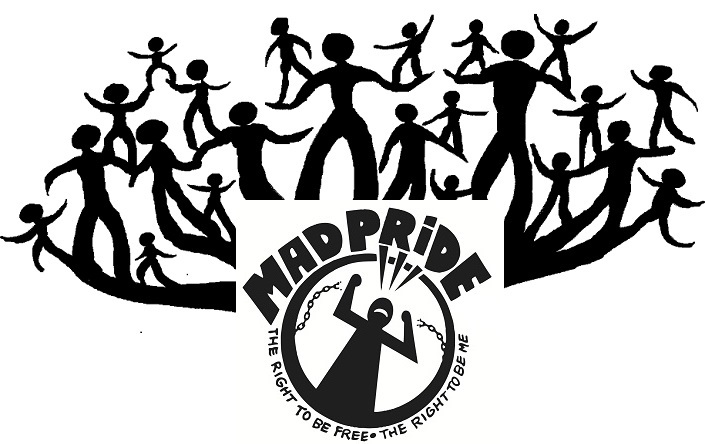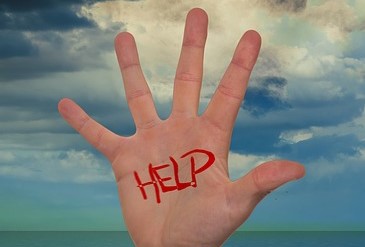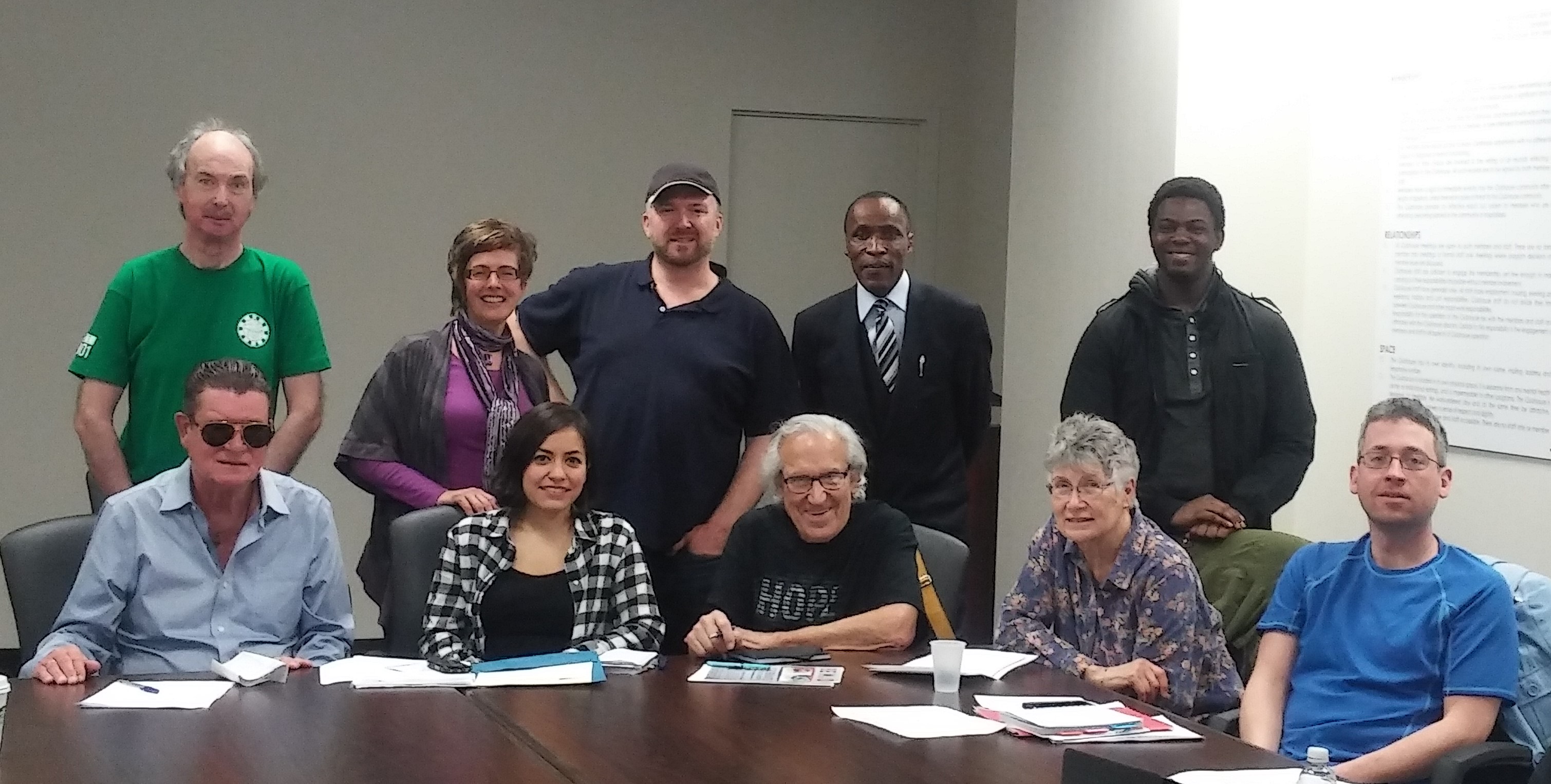Ariane Bakhtiar
Note to the Reader: Terms like mad, crazy, drunk, or junkie are often harmful in that they have historically been used to marginalize people with mental health challenges. In an effort to reclaim harmful language, this article includes mad as a term of empowerment for those who have been excluded socially and/or pathologized by the clinicians, hospitals and rehab centres that have “treated” them. The title “Mad in Islam”, then, refers to Muslims and their allies who recognize the need for programs and services established by Muslim communities for mad Muslims.
The surah Al-Ma’idah (the table spread) – a chapter of the Qur’an – states: “Satan only wants to cause between you animosity and hatred through intoxicants and gambling and to avert you from the remembrance of Allah and from prayer. So will you not desist?” (5.91) Intoxicants, but in particular alcohol, create a spiritual barrier between God and the believer. While scripture does not provide much explanation as to what establishes this barrier, the dulling properties of alcohol are a detriment to prescribed activities, like salaat – prayer – or iqraa – the study of scripture –, that require alertness and authentic intention. (more…)








